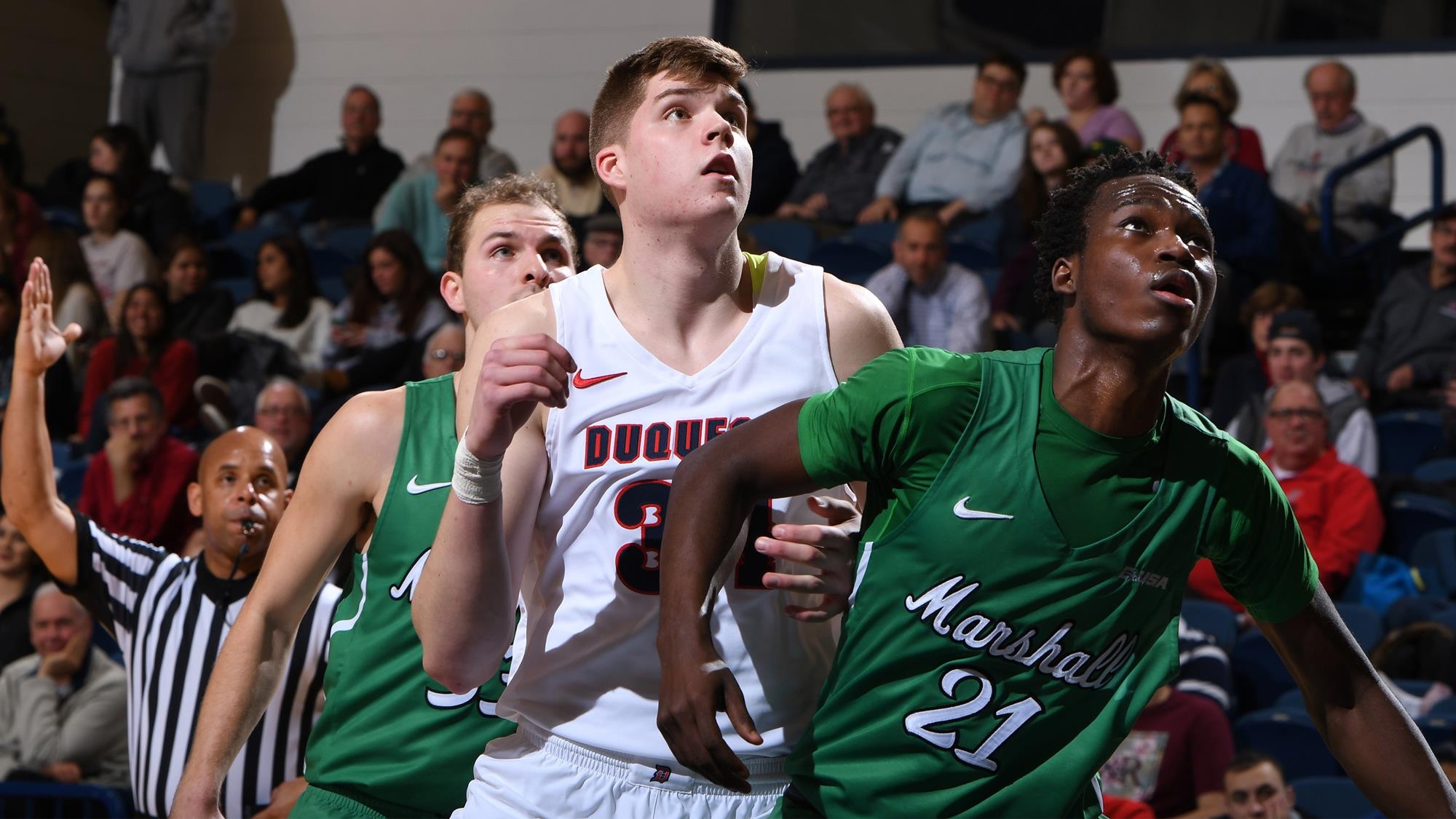By Jacqui Hatch | Student Columnist
It’s the age-old typical conversation every parent has with his or her child, “Kiddo, what do you want to be when you grow up?”
From this discussion, parents advise and preach about the wonders of college and the doors it will open. I cannot count how many times my father has told me, “Jac, you’re going to college, end of discussion.” Or “you don’t want to end up like so and so, they didn’t go to college.” Basically it seems if a child is reluctant, parental diagnosis is typically a dash or 10 of persistence.
But for the select few kid-geniuses that do want to go to college, there are still some details that cause deferment. In a world of FAFSA, financial aid offices and scholarships up to our ears, there should be nothing to deter intelligent students from attending an institution of higher learning.
Often times, students at the top of their class don’t take the risk and apply to selective institutions because they don’t want to spend the dough or simply can’t.
Growing up in a small middle-class township, I have witnessed these kid geniuses; you know the ones we said were really going places, who in turn ended up not moving a muscle or a brainwave.
Some branched off into the workforce nice and early, while others commuted to the one community college across five neighboring counties.
I often thought these early entry or money-saving techniques were what made these nerds and brains the smartest people I knew. They knew their means, they knew their family’s financial status and wanted to save money. For that, we can all commend them.
In a world of FAFSA, financial aid offices and scholarships up to our ears, there should be nothing to deter intelligent students from attending an institution of higher learning.
According to a an article released by the New York Times, only 34 percent of over-achieving seniors in high school in the bottom fourth income distribution attended any one of 238 colleges in the country from this year, while 78 percent of the top students whose families are rolling in green went to these selective higher education institutions.
Where do these colleges leave room for diversity? If the same wealthy families keep breeding Harvard- and Yale-bound offspring, it will continue to be difficult for us commoners to fit into the mix of multiculturalism. Riddle me that, Harvard.
Maybe high schools are just not educating their students enough about the never-ending list of scholarships that exist or the means financial aid offices provide. Come to think of it, I’m not sure I ever knew half of the scholarships I could apply for until I discovered them myself through the World Wide Web.
In my high school, if you were an un-athletic duck or not the first in your class, you were not eligible. Shout out to my alma mater!
So the million-dollar question is whether or not choosing a community college over a four-year college or university is hurting our chances with future employers.
Though the consequences vary, it’s obvious that community colleges are lacking their sense of community. Attending one is like a 9-5 job. You go for a few hours, put forth effort and return home. Often times, community colleges don’t have the ice cream socials, Greek life, dorm sleepovers or meal plans that four-year institutions have. But that’s just what I’ve heard.
This lack of community also means that with fewer clubs and organizations, there are fewer opportunities for networking. This means, no internal job fairs, no club advisor who knows a guy, who knows a guy… get the jist?
So even in a low-income scenario, it’s wise to look at all the options from every angle. You should never weed out a college because of money. At the end of these four-plus years, I think it is safe to say every Duquesne university alumni, will be a broke one. Everyone is on this boat and it still has managed to stay afloat.
Even though there are multiple options and ways to pay for this once-in-a-lifetime opportunity, admissions officers grant no more mercy to low-income students than those of higher income. The name of the game remains, work your tail off, no matter who you are.
Jacqui Hatch is a senior integrated marketing communications and print journalism major and can be reached athatchj@duq.edu.



